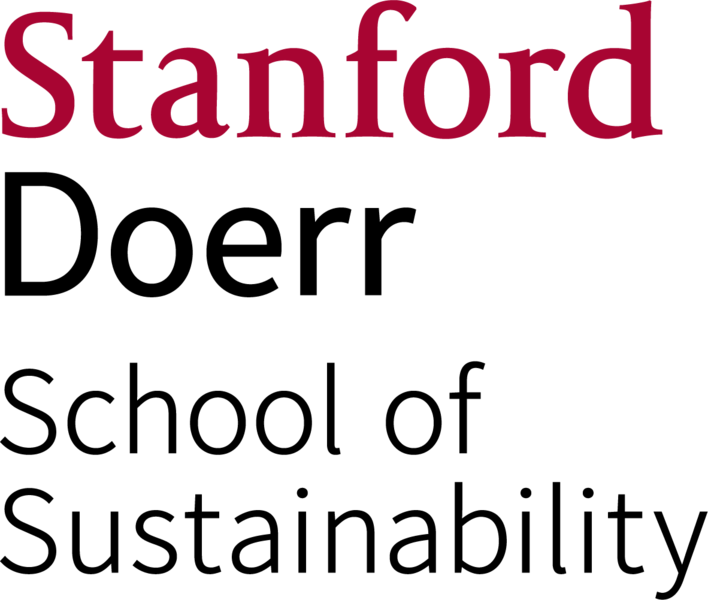Improving robustness of LCA results through stakeholder engagement: A case study of emerging oil sands technologies
Abstract
Life cycle assessments can help inform decision-making about greenhouse gas (GHG) emission reduction opportunities but are often not embraced by stakeholders associated with industries where study results are highly scrutinized and often contentious. This project was motivated by stakeholder interest in understanding open source life cycle models (the Oil Production Greenhouse Gas Emissions Estimator, OPGEE, and the Petroleum Refinery Life Cycle Inventory Model, PRELIM) and how accurately they can estimate emissions for existing oil sands projects and emerging technologies. We evaluate the robustness of these models and improve them using data from three existing oil sands projects (mining + upgrading, mining + dilution, and steam assisted gravity drainage, SAGD, + dilution). The models are then applied to estimate the GHG emissions reduction potential for two emerging in situ oil sands technologies. We find that, when boundaries are aligned, OPGEE can generate upstream GHG emissions estimates for the projects modeled within 1-4% of company reported GHG emissions data. Extending the boundary to include indirect (life cycle) emissions can lead to a doubling in upstream GHG emissions intensity. The two emerging technologies evaluated in the study can reduce upstream emissions by 14-19% compared to a SAGD project operating at the same reservoir, or 1.4-1.9% on a well-to-wheel basis. This work contributes a revised process of conducting LCAs that includes stakeholder input throughout and results in more robust and transparent estimates of emissions from deploying existing and emerging technologies.
